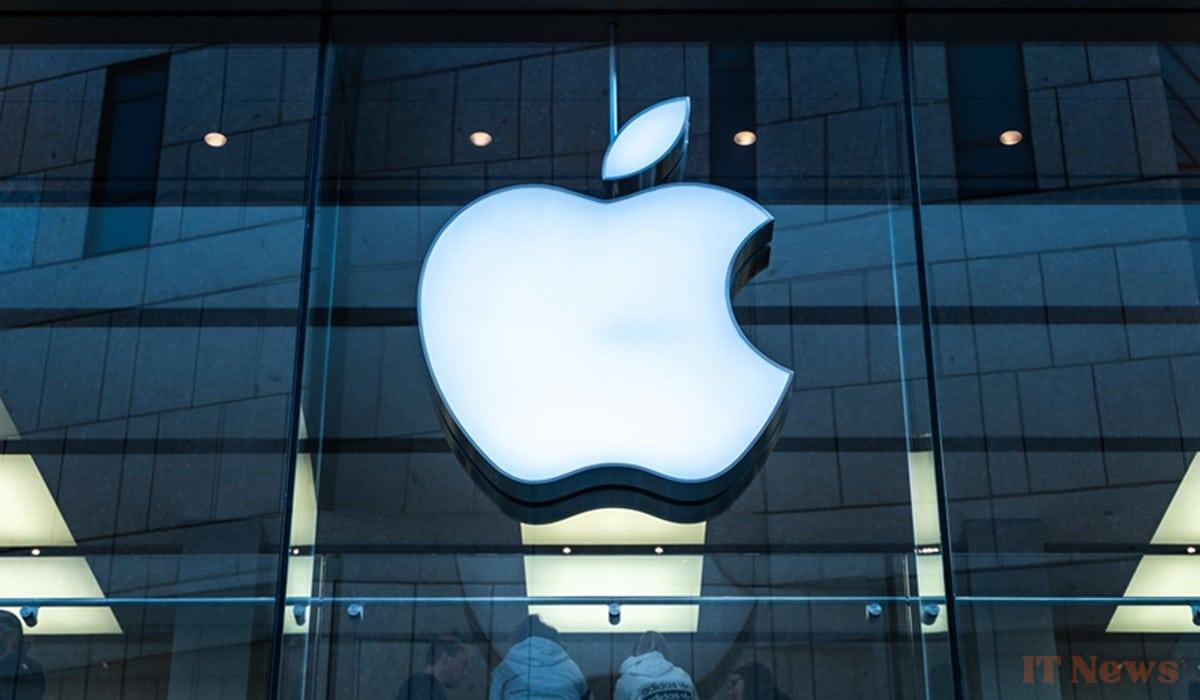A new lawsuit filed in California is raising questions about surveillance practices at Apple, a company known for its privacy. The allegation comes from Apple manager Amar Bhakta, who claims the company forces employees to use their personal devices for work, facilitating extensive and ongoing surveillance.
Personal Devices Used for Work
According to Bhakta, Apple strongly encourages employees to use their personal devices like iPhones and MacBooks for work-related tasks. While the company does provide devices for work, it discourages the use of iCloud for work-related purposes. The devices provided are subject to significant restrictions, making their use exclusively for work impractical.
This forced use of personal devices would allow Apple to access not only work emails and documents, but also employees’ personal data, such as photos, videos, notes, and other information stored on those devices. This situation creates a problematic fusion between the personal and professional lives of workers, subjecting them to constant surveillance, even when they are outside the company’s premises.
Access and Pervasive Surveillance
According to the details of the complaint, Apple allegedly uses not only electronic surveillance, but also physical and video surveillance via the devices provided to its employees. Indeed, through specific software installed on personal devices, Apple could track users’ locations and activities in real time, even outside of working hours.
According to Amar Bhakta, Apple’s internal policies potentially allow access to data after the employee’s contract has ended. An allegation reinforced by the fact that Apple requires its employees to delete certain information from their LinkedIn profiles, adding another layer to the question of excessive control exercised by the company.
Apple’s response and historical context
Faced with these accusations, Apple quickly responded by firmly denying all the allegations. A company spokesperson said: “Every employee has the right to discuss their pay, hours, and working conditions. This is part of our business conduct policy that all employees are trained on annually.” The statement is intended to counter claims that Apple prevents internal discussions about working conditions and compensation.
It’s worth noting that this isn’t the first time Apple has faced such accusations. Other employees have previously raised similar concerns about privacy and access to data. For example, in 2021, an engineer reported attempts to pressure him to resign after he tried to launch an online survey about salaries. Apple then banned the creation of a Slack channel called #community-pay-equity, sparking a heated debate.
Pay equity and free speech curtailed
In addition to surveillance issues, the current complaint and past testimonies reveal a broader challenge with Apple’s corporate culture. Employees have often expressed concerns about being able to freely discuss pay equity and working conditions without fear of repercussions. These restrictions, if true, would violate California’s free speech laws and the right of employees to organize.
Bhakta cites instances where he was directly banned from discussing certain aspects of his work or pressured to remove disturbing information from his public profile, which would constitute an inappropriate restriction on his freedom of expression and excessive control over his professional image.
A model at odds with the promise of confidentiality
These incidents highlight an apparent contradiction in Apple’s external communications, which are largely focused on protecting its customers’ privacy through sophisticated encryption technologies. However, the accusers point an accusing finger at internal practices that are deemed invasive and contrary to this declared philosophy.
Apple’s reputation as a privacy advocate could be tarnished by these revelations, especially as digital privacy becomes a growing concern for consumers and regulators. The question remains how widespread these practices are and how the company can address these allegations while still pursuing its business goals.
As the litigation continues, this case could serve as a wake-up call to other tech companies about where to draw the line when it comes to employee privacy. If Bhakta’s arguments hold up in court, Apple may have to significantly overhaul its policies on monitoring and using employees’ personal devices.



0 Comments